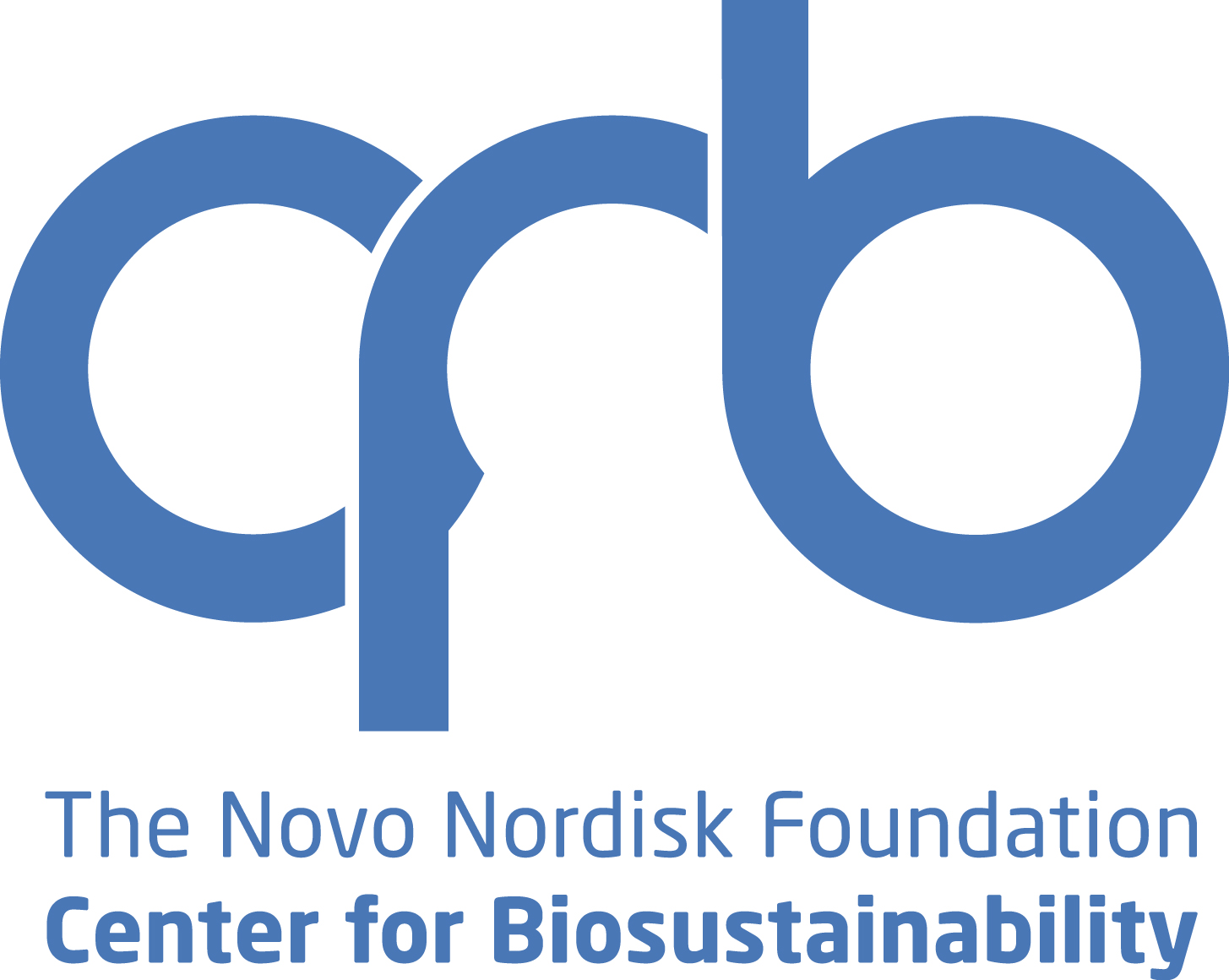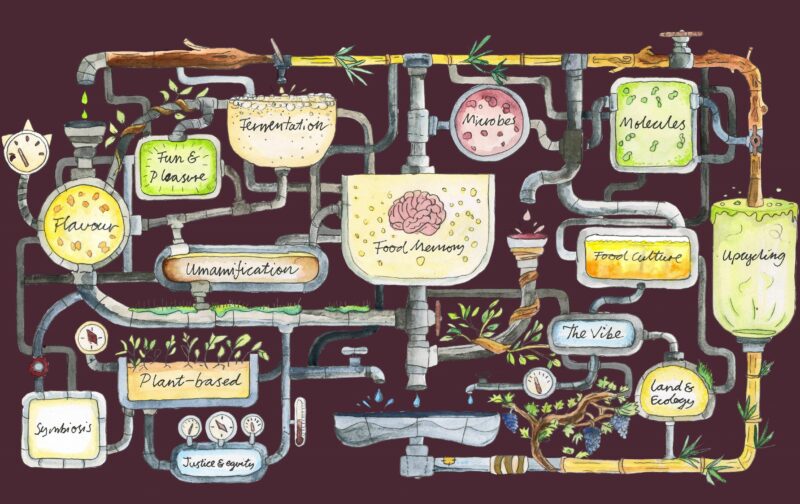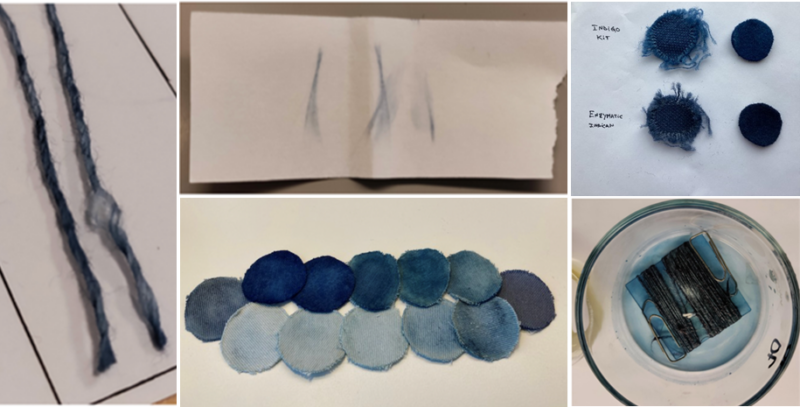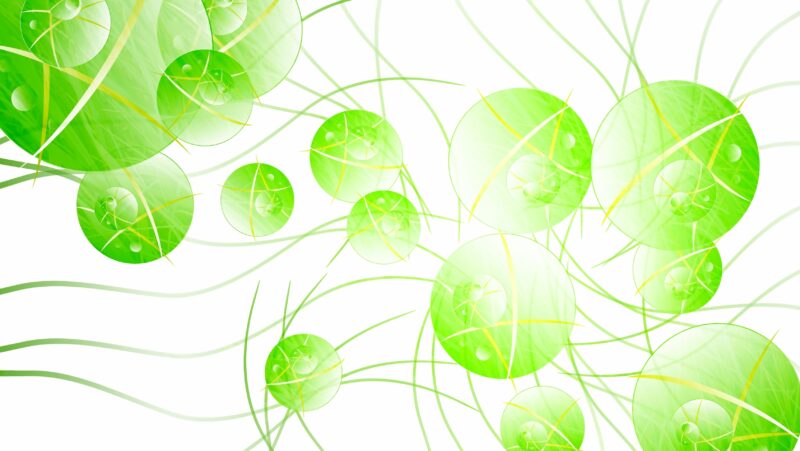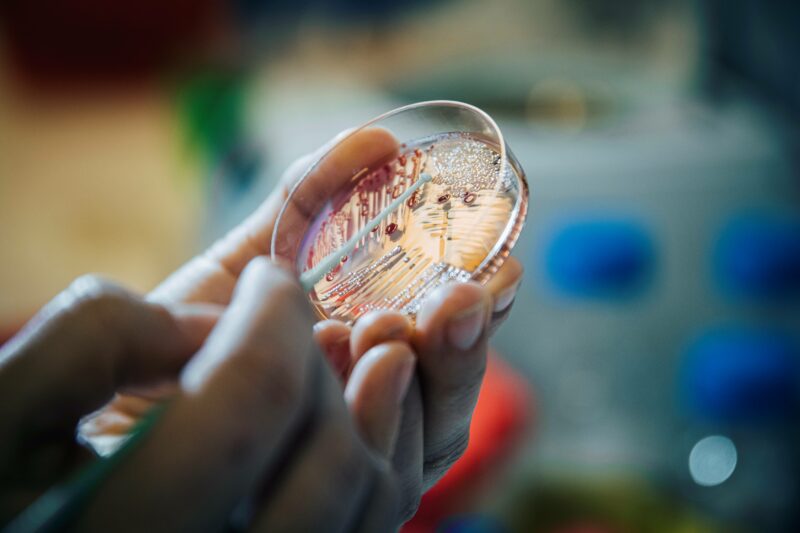Today, essential commodities are manufactured from chemical materials based on fossil resources like oil and gas or extracted from plants and animals. This way of manufacturing depletes natural resources and increases carbon emissions. Products should instead be obtained using more sustainable and circular processes, for example through biotechnological routes – and that is what we specialize in. Furthermore, we do this with “the end in mind,” meaning that we have a commercial and industrial approach in order to take products to market faster and more effectively for the benefit of consumers and the planet. We foster innovation and entrepreneurship with an excellent track record in spin-outs and startups and constantly develop new technologies and innovators.
To create the best solutions, we are mindful of the needs of the market and are always engaged in establishing dialogues with industry to address their sustainability challenges in product manufacturing through new collaborations. We also have a growing portfolio of patented solutions ready to go to the market, they are just waiting to find the right partners to do so.
By developing and using a range of specialist techniques involving high-quality big data generation and analysis, synthetic biology, precision fermentation, machine learning and AI, as well as metabolic modelling and engineering, DTU-Biosustain identifies how to design the next generation of cell factories. Recent progress in our ability to read and write genomic code, combined with advances in automation, analytics and data science, has opened up for the discovery of new solutions regarding sustainable production in biological systems. We utilize these advances for microbial cell factory design to foster sustainable lifestyles.
As an interdisciplinary research centre, DTU-Biosustain is committed to continuously increasing the sustainability of its research and operations. Our Sustainable Innovation Office assesses project sustainability potential based on the planetary boundaries framework and the United Nation’s Sustainable Development Goals. The Office also completes Technoeconomic Assessment and Life Cycles Analysis (of economic, environmental and societal impact) for all internal projects and even provides biosolution assessment services to the wider industry.
DTU-Biosustain also focuses on education, both for the next generations of young scientists within the cross-field of biotechnology and data science, as well as experienced professionals through a variety of continuing education courses in the DTU Biotech Lifelong Learning program. This way we contribute to the Danish biotech-ecosystem with highly skilled scientists and future leaders, as well as continuously train the specialized workforce.
